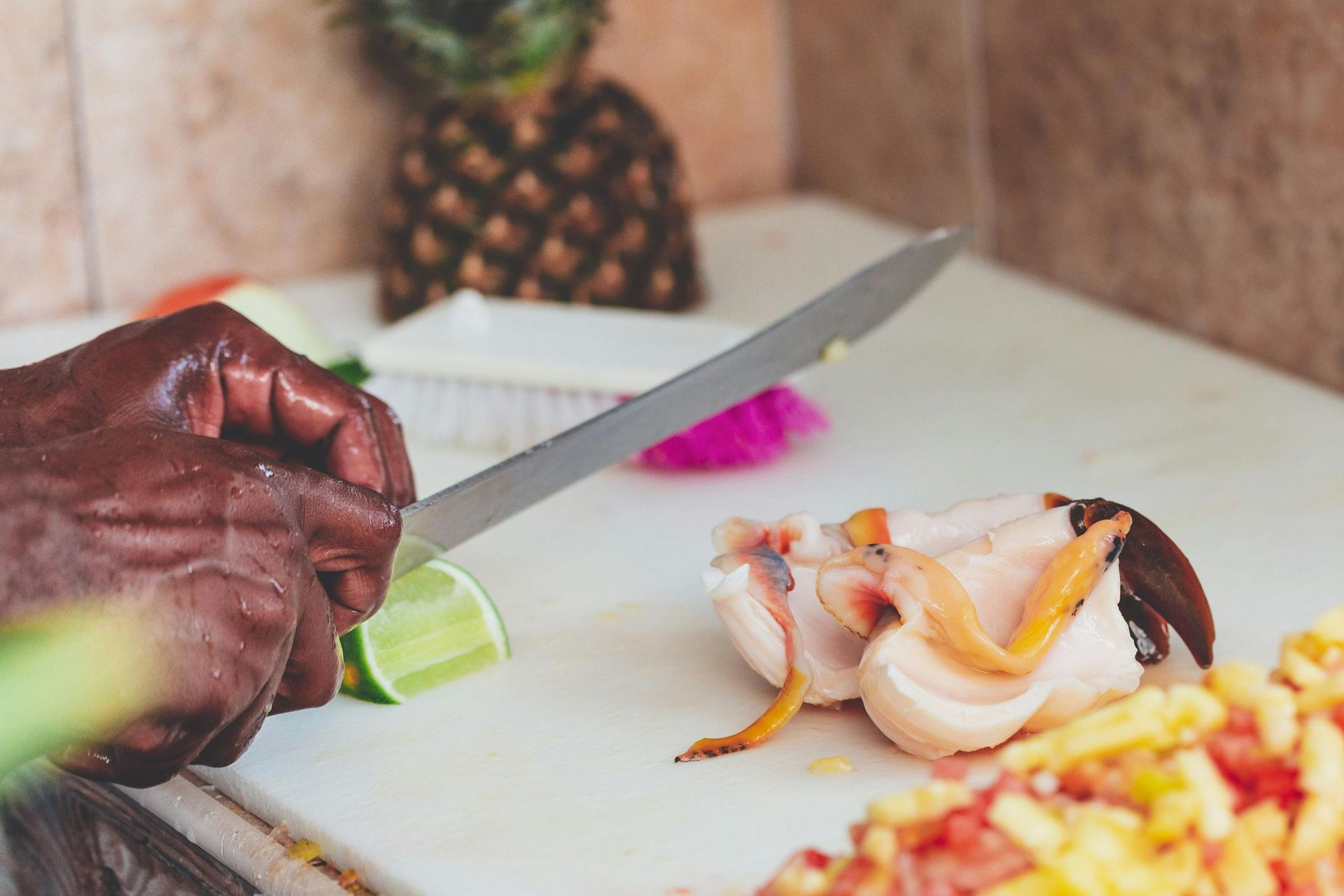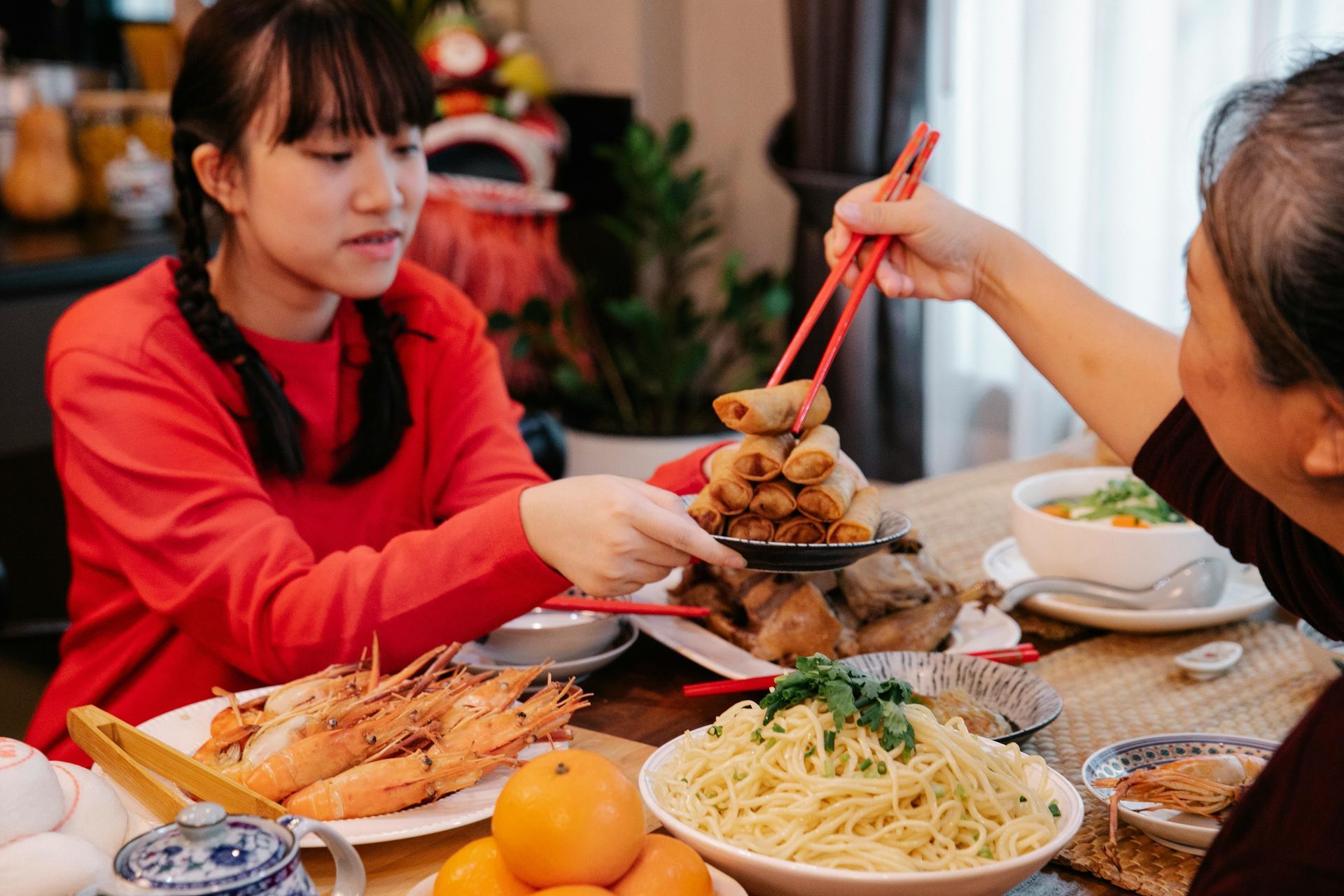Healthy Aging & Nutrition for Older Adults in Hawaiʻi
As we age, maintaining our health and well-being becomes more important—and more possible—than ever. In Hawaiʻi, where food, family, and community are central to life, healthy aging means supporting the whole person: body, mind, and spirit.
This guide offers practical advice and culturally relevant nutrition guidance to help kūpuna and caregivers live well, age with dignity, and thrive in every season of life.


What is Healthy Aging?
Healthy aging means preserving physical strength, mental sharpness, emotional balance, and social connection as we grow older. It involves:
- Eating nutrient-rich foods
- Staying physically active
- Engaging in meaningful relationships
- Preventing illness and managing chronic conditions
- Staying mentally and spiritually engaged
At Hale Hauʻoli Hawaiʻi, we believe healthy aging is rooted in everyday habits, small choices, and strong support systems.
Nutrition for Older Adults
Nutrition is one of the most powerful tools for
healthy aging. As metabolism slows and dietary needs change, kūpuna benefit from meals that are:
- High in fiber
- Lower in sodium and added sugar
- Rich in calcium, vitamin D, and B12
- Balanced with lean proteins and healthy fats
Common dietary concerns for older adults include:
- Dehydration
- Reduced appetite
- Medication interactions with food
- Difficulty chewing or swallowing
We help address these challenges through carefully planned meals at our adult day centers and community nutrition education.
Hawaiian-Inspired Nutrition
Our menus reflect the flavors of Hawaiʻi, offering familiar comfort and nourishing ingredients. Local favorites like poi, baked fish, fresh fruit, and leafy greens help balance flavor with health.
We also consider:
- Cultural food preferences
- Religious dietary restrictions
- Allergies and sensitivities
- Soft or easy-to-chew options for kupuna with oral health challenges
Sample Meal Ideas
Here are examples of balanced meals suitable for kūpuna:
Breakfast:
- Oatmeal with banana and macadamia nuts
- Hard-boiled egg and papaya slices
- Green tea or water
Lunch:
- Steamed fish with brown rice and lūʻau greens
- Tofu stir-fry with vegetables and glass noodles
- Chicken long rice and fruit cup
Snacks:
- Greek yogurt with honey
- Avocado spread on poi toast
- Unsweetened applesauce
Dinner:
- Baked sweet potato, grilled chicken, and salad
- Miso soup, tofu, and cucumber salad
Movement & Mental Wellness
Healthy aging goes beyond food. We also encourage:
- Light daily exercise (stretching, walking, tai chi)
- Memory games and creative activities
- Spiritual reflection, journaling, or prayer
- Social connection through storytelling or group meals
These support longevity and emotional health, which are just as important as nutrition.
Resources & Support
We provide:
- Daily balanced meals at our adult day care centers
- Nutrition education and workshops for caregivers
- Printed guides on healthy meal prep for kūpuna
- Referrals to dietitians and wellness programs
Visit our Resources page for downloads and upcoming class schedules.
How to Get Help
Call us at (808) 292-4665 or contact us online to learn more. Whether you need a day off, want to attend a class, or just need to talk—we’re here.
